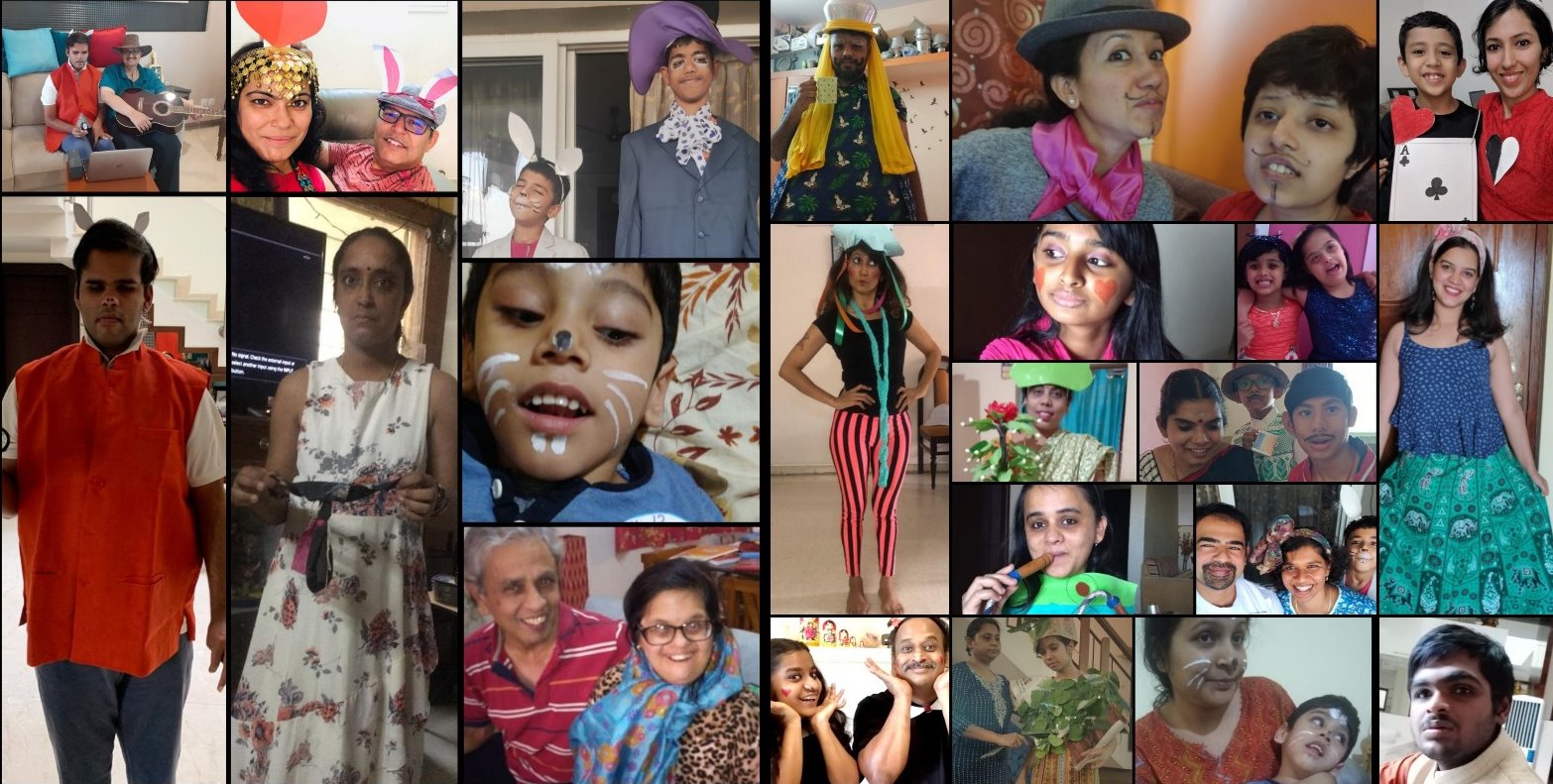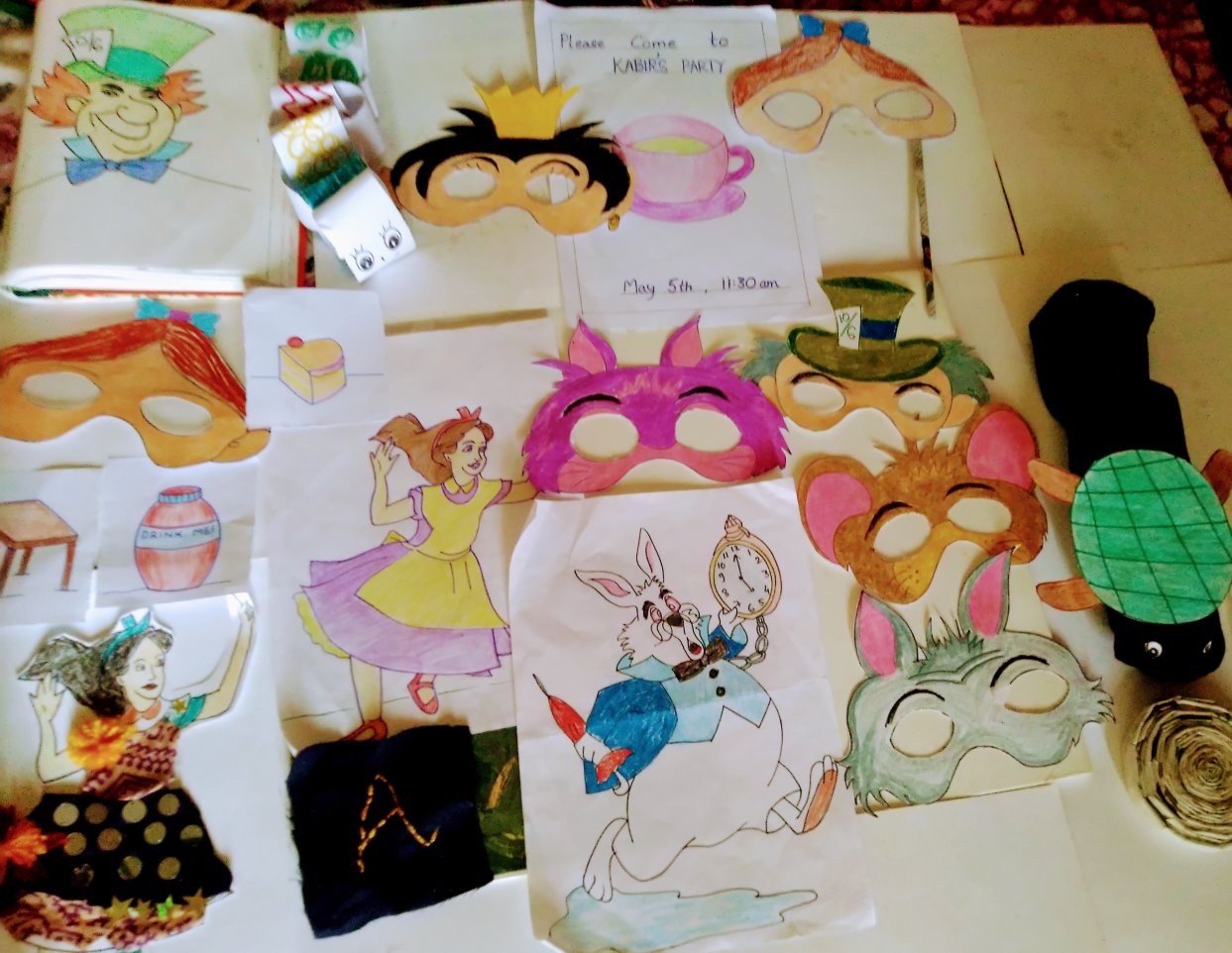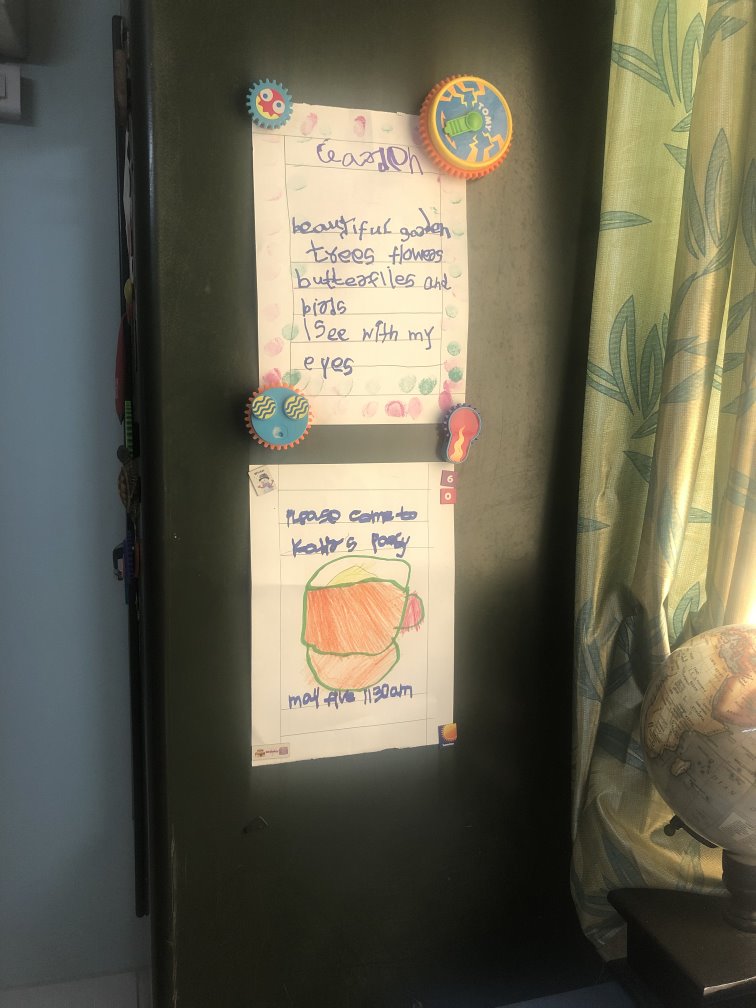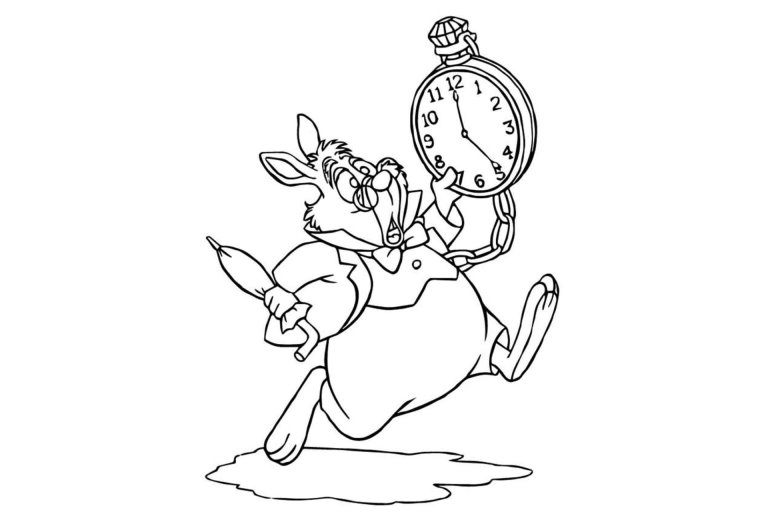At the turn of the year, we welcomed the new decade 2020 with much-repeated wit; it was the year that in hindsight would give us much clarity. After all, hindsight is always 20-20, they say. And this 2020 appeared no different. Yet barely a quarter in, we were grappling with unprecedented scenarios that saw us suddenly set up home offices, discover aspects of running our households that were hitherto not our domain, and decipher an unshakeable sense of loss of freedom.
Overnight teachers were expected to turn things around, adapt lessons to the digital format with technology at our disposal and use every means on hand to continue teaching our children. We knew the lockdown was imperative if Covid-19 had to be controlled and managed. We quickly understood that the stringent measures were for our own safety. And then we realised that what was unfolding was so unpredictable, we had no choice but to be ready to shift gears. Shifting gears or welcoming change is hardly an easy thing to do. Even the most change-ready person needs some time to process and to take stock, before strategizing a new course of action. All of this, knowing fully well that it is a matter of time before that course could be disbanded and a new one forged.
How is one to be ready when one can barely make sense of their new normal?
And how does one navigate these uncertain times with children of special needs?
Given varying attention spans and limited exposure to gadgets, how were these children to make this massive lifestyle leap?
The teachers and practitioners who have literally and metaphorically hand-held them through their learning processes all these years, were no longer tangible. Familiar faces and voices were calling out to them from devices of differing sizes. Yet, that comforting hand of a therapist and the thousand hugs from teachers and facilitators that calm their nerves were longer accessible.
For a section of society so dependent on the tactile as well as physical presence, the lockdown was akin to pulling the rug from under their feet and expecting them to land gracefully.Most of us are wary of the unfamiliar and so it was no surprise that several of our Snehadhara children had emotional meltdowns while trying to untangle the sudden shift in routine; one that gave them a sense of comfort and normalcy. Children of Snehadhara Foundation were being prepped for a campus shift, but the lockdown brought with it unprecedented levels of stress for them to manoeuvre through.
We ideated, researched, and narrowed down on the wonderful wisdom of Lewis Caroll, tapping Alice in Wonderland for inspiration and guidance. A tale that makes you tread an unknown path, meet new challenges and comforts, and eventually see you emerge unscathed, seemed a fitting theme for the times we were in. Each character was a metaphor for some aspect of our lives, each colourful description an opportunity to use various forms of the arts to engage with our students.

Over a span of six weeks, Snehadhara’s facilitators engaged with the students, one small step at a time. From sending them short recorded videos of staff and teachers talking to them to calling the children to check in on them, from storytelling sessions to singing experiences, the tale of Alice in Wonderful and its delightful characters slowly but surely made its way into the lives of the Snehadhara family. When the children seemed ready to move to group sessions from the earlier one-on-one format, we created drama, games and cooking lessons that gently reiterated to the children that while a lot seems to have changed, a whole lot else hasn’t. Technology played a pivotal role in creating intimate spaces, fostering a sense of community and pacifying us about how change is not always something to fear.Thus, children who yearned for that familiar calming touch of their teachers, had soon transitioned into independent users of technology, oftentimes engaging with the facilitators on their own.This culminated in an end-of-term grand Mad Hatter’s Tea Party, a beloved idea from the book. The Snehadhara family celebrated just how far they’ve come in the time of the lockdown with a party that saw teachers, parents and students alike, dress up and flash props to fit the theme.
These 60-odd days of the lockdown have turned parents into facilitators and therapists, teachers into researchers and students of literature, support staff into willing participants in an unfamiliar space, and special needs students into the most unlikely heroes of our times.


This wisdom of Alice in Wonderland lies in how simplistic the most profound appears to be. Much like life, isn’t it? These 60-odd days of the lockdown have turned parents into facilitators and therapists, teachers into researchers and students of literature, support staff into willing participants in an unfamiliar space, and special needs students into the most unlikely heroes of our times. They went through their own rabbit holes and emerged wiser, stronger and more confident.
The writer is a Mumbai-based freelance journalist who serves on the Advisory Board of Snehadhara Foundation

